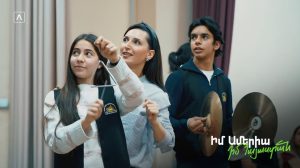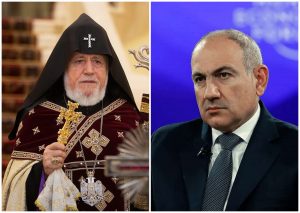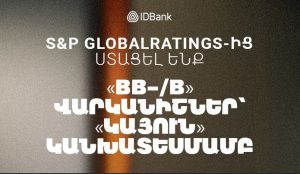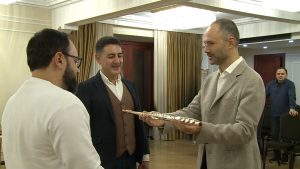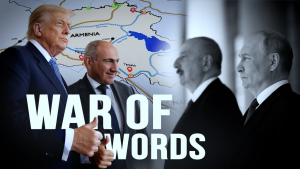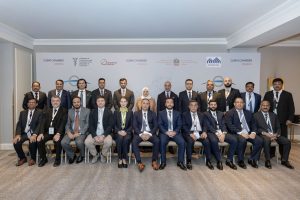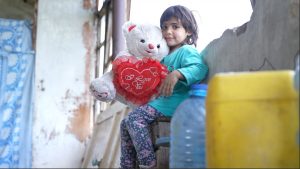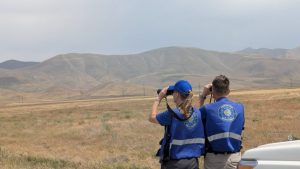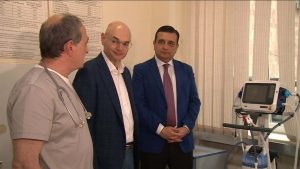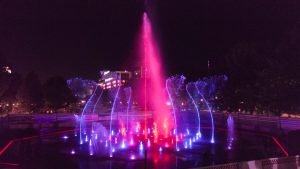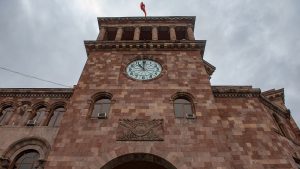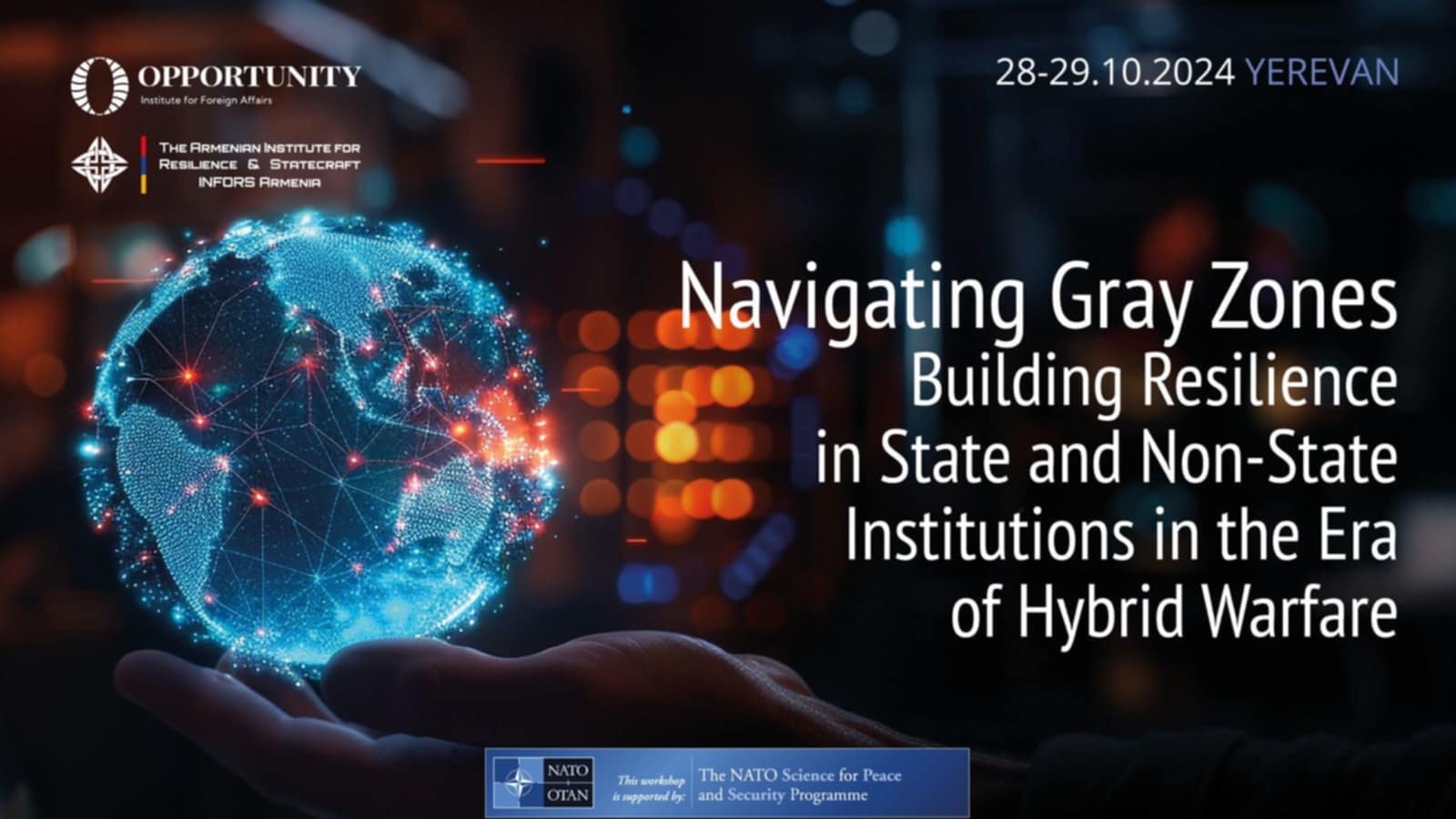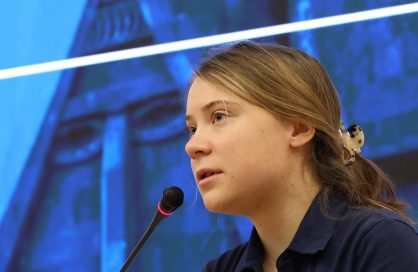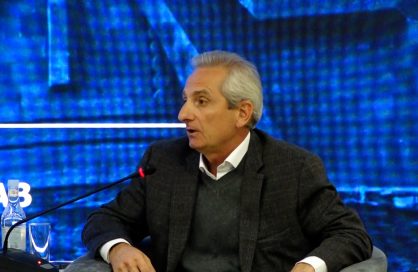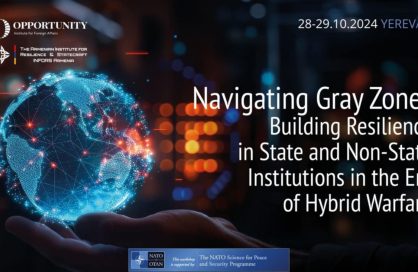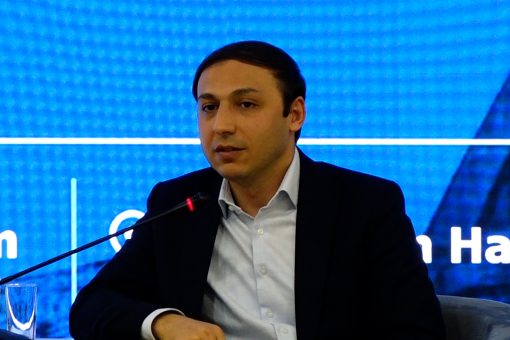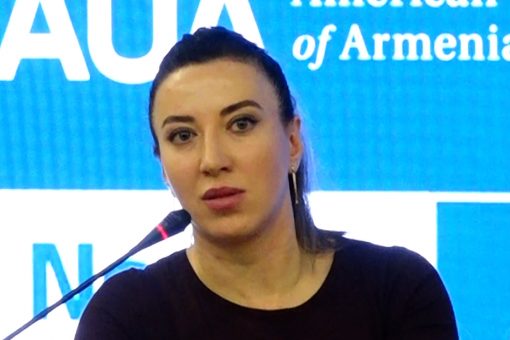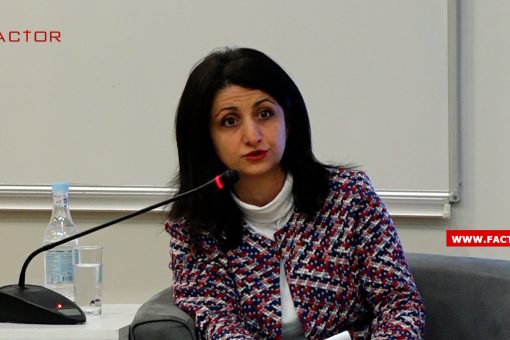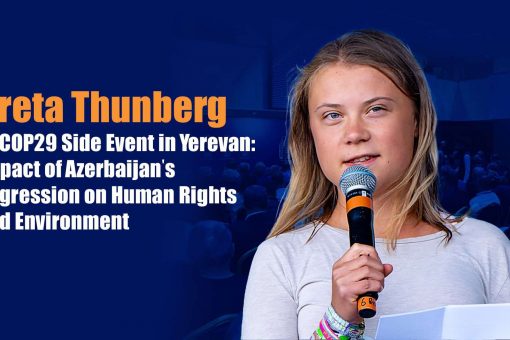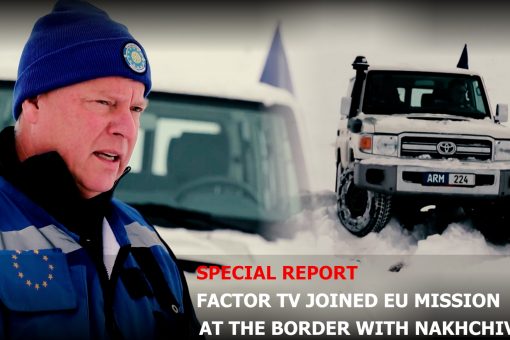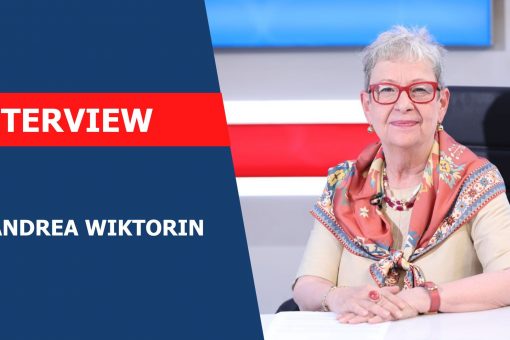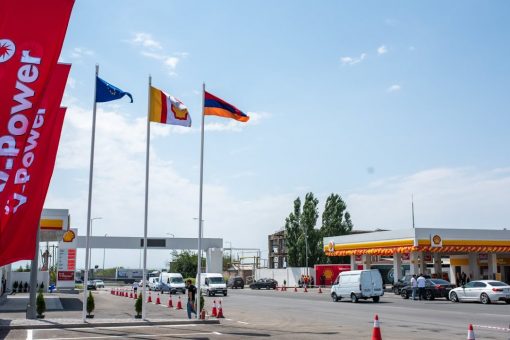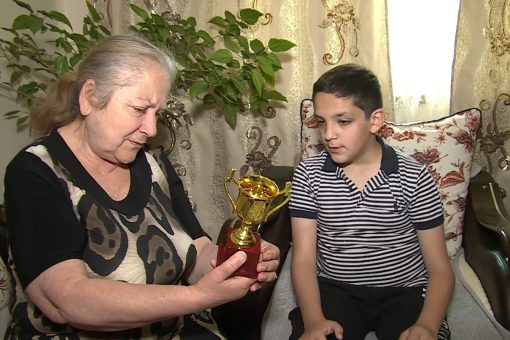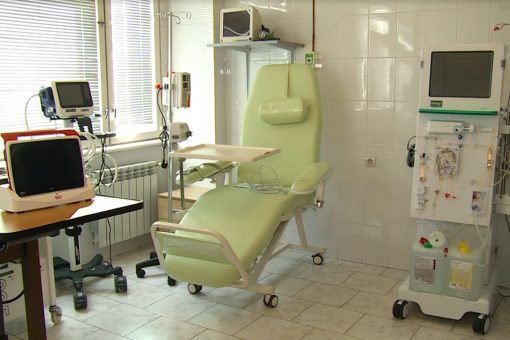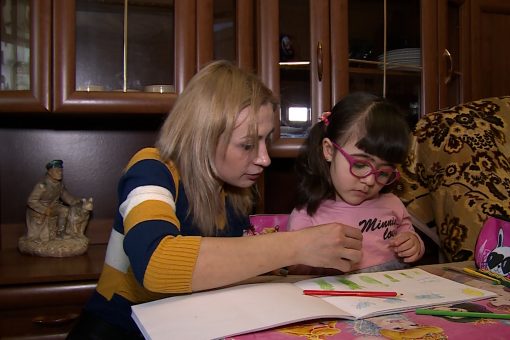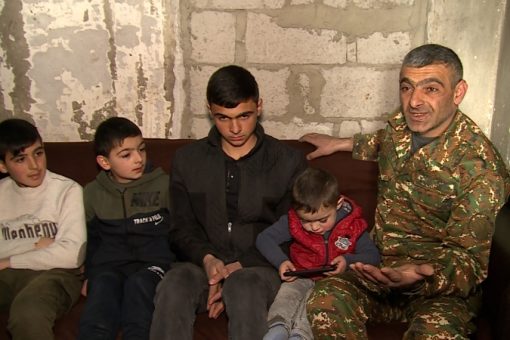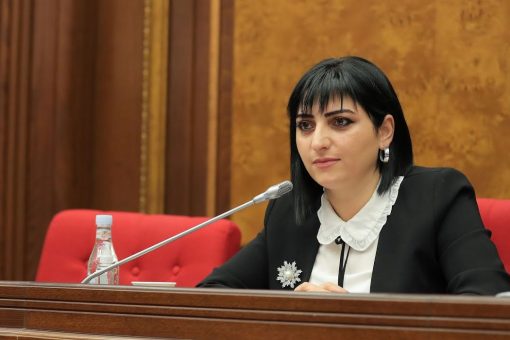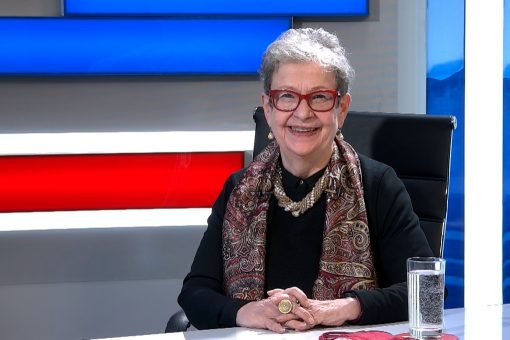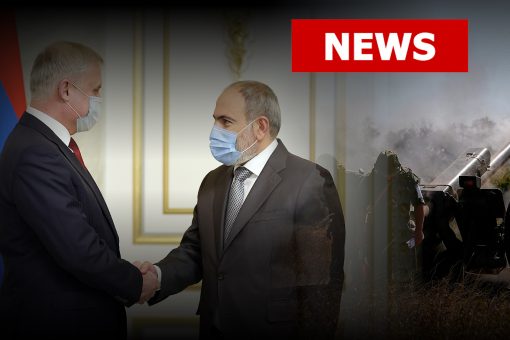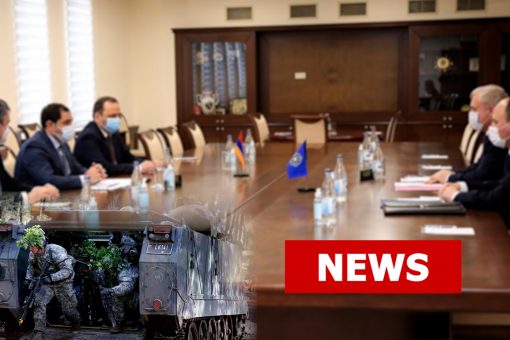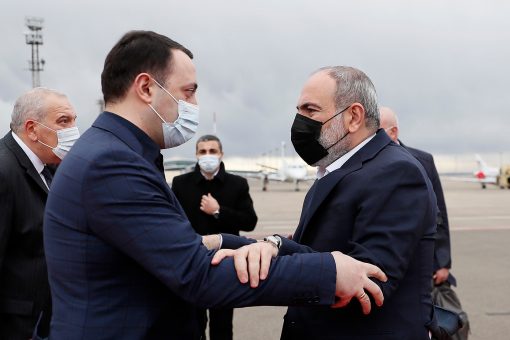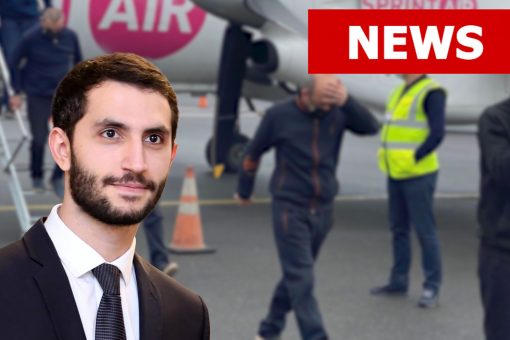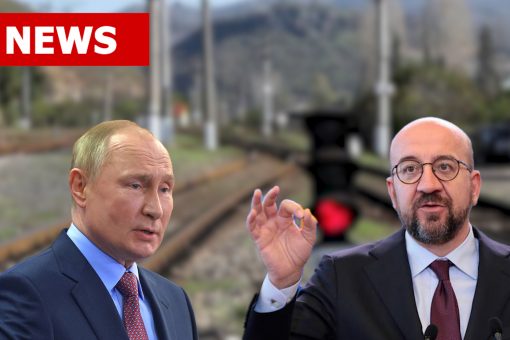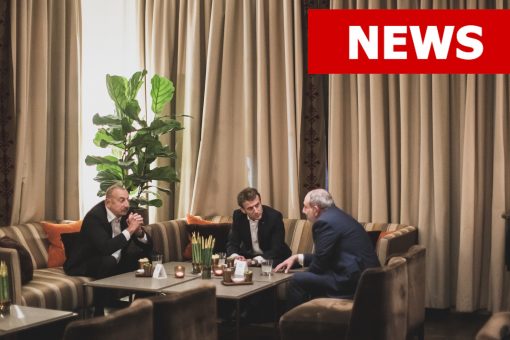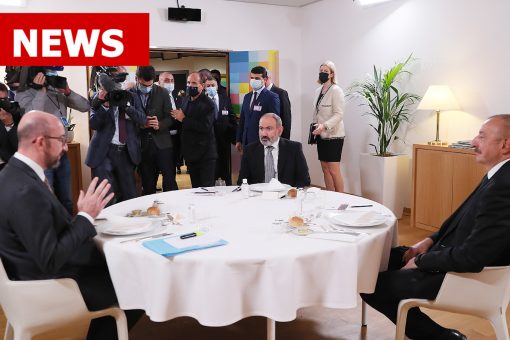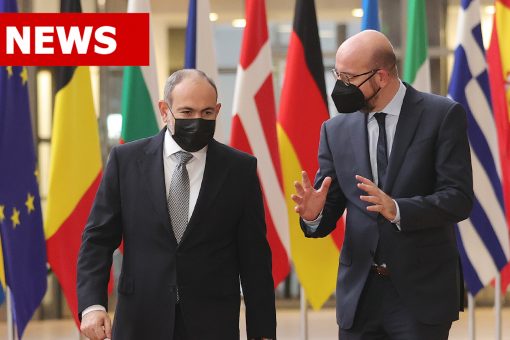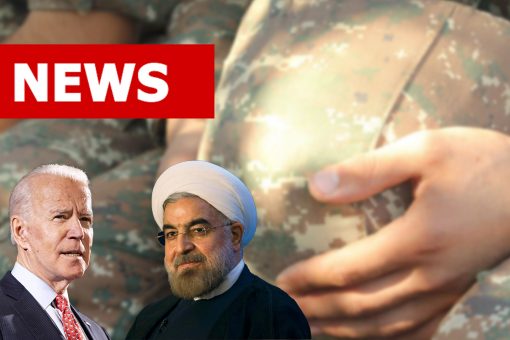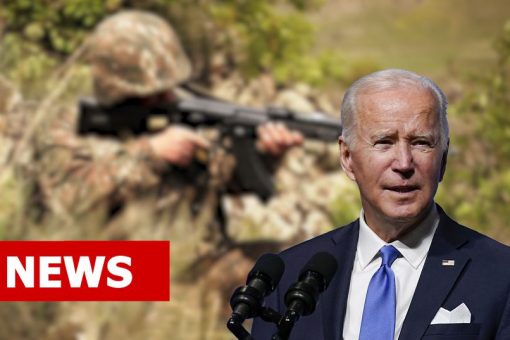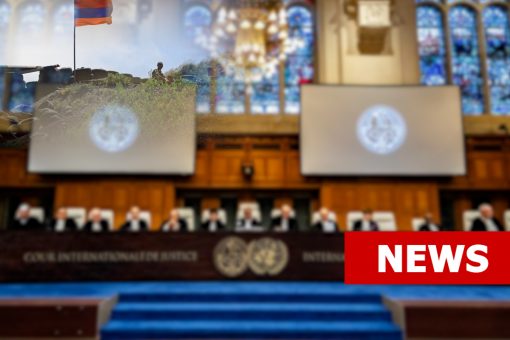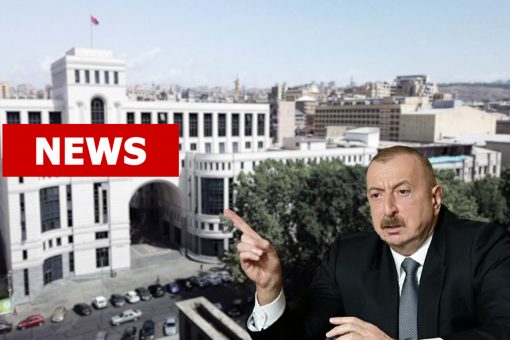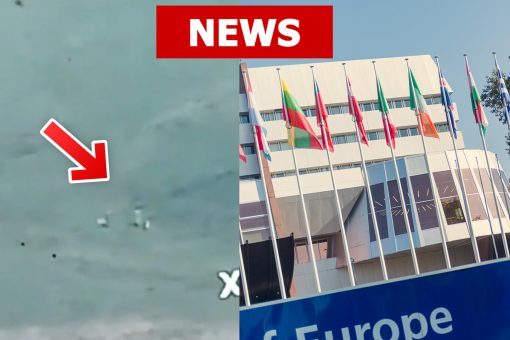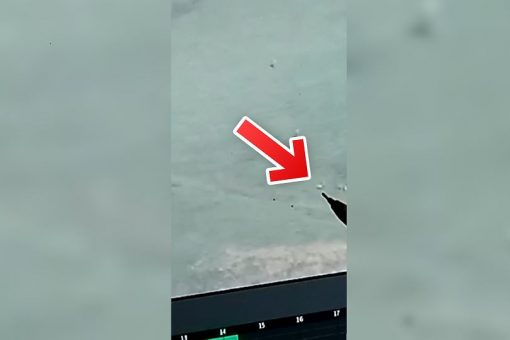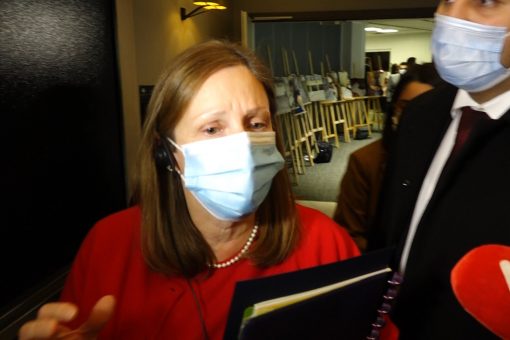The ”Armenian gambit” amidst the Russian presidential elections
POLITICS
18.04.2024 | 15:46
Throughout the first 3 months of 2024, marked by electoral activities in Russia (the period of registration of presidential candidates, the pre-election race, voting and the post-election period), Russian information and analytical resources discussed or indirectly referenced the Armenian-Azerbaijani context to a greater extent when analyzing relations between Armenia and Russia. This informational focus was triggered by statements issued by Armenia, meetings of Armenian official circles either abroad or domestically, which were perceived by Russian officialdom and other circles as “unfriendly steps” towards Russia. Azerbaijan, as the second entity within the Armenian-Azerbaijani context, received strikingly less attention, despite its snap presidential elections, held almost a month prior to the Russian elections, and escalations on the Armenian-Azerbaijani border during this period. The evolution of the Armenian Azerbaijani context during the elections in Russia unfolded independently. It can be confidently stated that the topics of Russia’s elections as a crucial domestic and foreign policy process and the Armenian-Azerbaijani post-war realities did not intersect.
…And the Presidential Elections in Russia
Despite the inclusion of special rounds of debates on “International Politics” for presidential candidates aired on the TV and radio channels of the All-Russia State Television and Radio Broadcasting Company (VGTRK), the Armenian-Azerbaijani context remained unaddressed by the candidates themselves during the election campaign. In his annual address to the RF Federal Assembly (February 29, 2024), which was perceived as an election program speech within Russian socio-political circles as it outlined Russia’s plans for the following 6 years (i.e. up until the next elections), V. Putin did not touch upon the Armenian-Azerbaijani post-war realities either. It is noteworthy that the speech highlighted the “successful development of economic cooperation” between Russia and foreign countries within organizations such as the EAEU, SCO, BRICS, and ASEAN. The CIS was mentioned in light of the need for more active promotion of the Russian language in the countries of this organization.
The positions of two presidential candidates, V. Davankov and L. Slutsky, can be assessed by their remarks regarding specific processes and events unfolding in Armenian-Azerbaijani relations prior to the start of the electoral process in Russia. However, they expressed these views in their capacities as Duma officials – Vice- Speaker of the State Duma (V. Davankov) and Chairman of the State Duma Committee on International Affairs (L. Slutsky). Their comments and perspectives regarding the issues of Armenian-Azerbaijani relations exactly mirrored the official positions and assessments, widely expressed by other socio-political and expert circles in Russia.
For instance, during the September 2023 military clashes between Azerbaijani and Armenian forces in the NKR, firstly, these figures called on “the parties to stop the bloodshed,” despite Azerbaijan’s characterization of this “bloodshed” as “anti-terrorist measures of a local nature aimed at ensuring and restoring the constitutional order of the Republic of Azerbaijan” (see “Azerbaijan announced the start of anti-terrorist measures in Karabakh”).
Secondly, L. Slutsky characterized these actions of Azerbaijan as quite legitimate, since “the recognition of Karabakh as an integral part of Azerbaijan was affirmed by Armenian Prime Minister Nikol Pashinyan in his statement in Prague, thus anti-terrorist measures of a local nature were carried out on the sovereign territory of Azerbaijan” (see “Reintegration of Karabakh Armenians on the Azerbaijani agenda”).
Thirdly, both figures deemed the actions of the Russian Military Contingent (RMC) during the September 19-20, 2023 battles to be in accordance with their mandate, for, according to V. Davankov, the RMC is present in Karabakh “as an observation mission.” It is evident that the Vice-Speaker of the State Duma and numerous other Russian figures who fully echoed this view did not primarily regard the RMC as a well-equipped military contingent, aimed chiefly at maintaining the ceasefire in the conflict zone and preventing military clashes between the parties. V. Davankov viewed the peacekeeping function of the RMC solely through its observation mission and its role in addressing humanitarian challenges faced by the Armenian population of Nagorno-Karabakh due to the escalation. “Many people wonder,” V. Davankov wrote on his Telegram channel in those days, “why Russia has not yet intervened in the conflict. Our troops in Karabakh are peacekeepers, carrying out an observation mission. Currently, the Russian side is addressing humanitarian issues: providing shelter for refugees and supplying them with food…” (see “Residents of Karabakh need peace”).
And fourthly, echoing sentiments widely expressed by other Russian speakers, both figures emphasized the need to seek solutions to the situation “not imposed by the West.” During the election period, the Armenian-Azerbaijani context was hinted at, rather than explicitly stated in Russian media reports covering the early voting of peacekeepers in Karabakh (see “Russian peacekeepers in Karabakh voted early in the presidential elections”). However, readers who had a generalized understanding of past events could come to a conclusion from these reports that “in the Karabakh region of Azerbaijan” with “continuous engagement with Baku” the RMC ensured the security of the current Azerbaijani population amid the complete absence of Armenians there.
The fact that Armenia was not among the first countries to congratulate V. Putin on his re-election for another term drew criticism from regular participants of Russian TV talk shows. For instance, during his post-election program (see “Evening with Vladimir Solovyov,” aired on March 18, 2024), host V. Solovyov, in response to director K. Shakhnazarov’s question about “ whether Armenia would extend congratulations to V. Putin on his election victory” remarked ironically that the Armenian Prime Minister would justify the delay by a hectic schedule. K. Shakhnazarov attributed this delay in extending congratulations to the recklessness of the Armenian authorities in their Russian policy։ “If God wants to punish someone, he deprives them of reason,” he said. This critique from V. Solovyov is not the most negative directed at the Armenian authorities.
The “Armenian Gambit” on the Track of the Armenian-Azerbaijani Context
At the informational level, the Russian-Ukrainian war and the escalating confrontation between Russia and the Western world were focal points in the election campaign speeches of candidates and their supporters. And although the post-war (2020) Armenian-Azerbaijani conflict as a dispute between Azerbaijan and Armenia was not highlighted in these speeches, a parallel informational track on the Armenian-Azerbaijani context and the broader South Caucasus region continuously either openly indicated or subtly hinted at this severe confrontation between Russia and the Western world. This was manifested in discontent with as it was claimed “Armenia’s foreign policy gambit,” a shift away from Russia towards the EU and “its preference for Western platforms for Armenian-Azerbaijani negotiations.” This was even more evident in accusations against Western countries of intending to “snatch” something from Russia wherever possible, with the claim that the West’s goal was “not to benefit Armenia or Azerbaijan, but to harm Russia itself” (see “A. Shkolnikov, The future of Armenia and Azerbaijan: is there a way out of the big deadlock?”). Additionally, remarks were made that “the principle of “divide and conquer” from the very beginning of the post-Soviet era began to seep into relations between Russia and its neighbors, with the Westerners still pursuing the same policies, observable in Central Asia, Transcaucasia (especially in the case of our Armenian friends), in the European part of the former USSR – Ukraine, Moldova, Belarus, against which a number of serious provocations were devised” (see S. Lavrov’s speech at the VII Global Forum of Young Diplomats, March 4, 2024).
The reason, or rather significant sources of irritation for Russian speakers at various levels arouse from interviews, statements issued by the Armenian side concerning Russia, CSTO, security matters, high-level meetings between Armenia and Western partners in the initial 3-4 months of 2024 – N. Pashinyan’s interview with The Telegraph, France 24, meetings held within the framework of the Munich Security Conference (February 16), statements made at a meeting with the Armenian diaspora in Germany (February 19), Pashinyan’s visit to France and the working session with French President E. Macron (February 21), declarations by the Armenian side regarding their intention to withdraw from Russian border services at Yerevan Zvartnots airport and “the policy of diversifying foreign relations and security ties” (March 12), the visit of NATO Secretary General J. Stoltenberg to the South Caucasus countries (March 17-19), the Armenia-US-EU meeting in Brussels (April 5) and other events. They were perceived by official Russian foreign policy circles as “a series of unfriendly steps and statements by official Yerevan” (from RF MFA representative M. Zakharova’s briefing) and an intentional, “…under far-fetched pretexts, distorting the history of the last three years…”, a conscious breakdown of relations with Russia by Armenian leadership (from an interview of Foreign Minister S. Lavrov with the Izvestia daily).
The flurry of remarks exchanged by Russian and Armenian official circles indicated an unprecedented escalation of situation at the rhetorical level. There exists a discrepancy between Armenian and Russian versions on the chain of causes and consequences of mutual discontent. From the Armenian perspective, the first link of this chain stems from events and assessments related to the Armenian-Azerbaijani context and Russia’s role in it over the past three years (since May 2021). The Russian side attributes the main irritants to Armenia’s attempts to search for new partners for arms procurement for its Armed Forces, to monitor processes along the border with Azerbaijan, and in general attempts to expand Armenia’s ties with the “enemies of Russia,” i.e. with Western nations. In the meantime, the Armenian side consistently justified its pursuit of a diversified military and political security architecture by pointing to the actions or inaction of Russia and the CSTO, its sole allies in this field.
Only at first sight, the statement of the representative of the RF Ministry of Foreign Affairs M. Zakharova may appear strange: she specifically highlighted her astonishment at the attention “… of the Azerbaijani media to the problems of Armenia and vice versa. It would be great if everyone concentrated either on our Russian-Armenian and (or) Russian-Azerbaijani relations, and did not succumb to the temptation of discussing behind others’ backs and delving into topics that are not directly related to the parties involved.”
Russian speakers’ public statements, however, conspicuously highlight their efforts to consider the Armenian-Azerbaijani context independently of Russia’s relationship with Azerbaijan, the only country openly blackmailing Armenia with military escalations or a “return” to the territory of Armenia, over which they claim historical ownership.
An illustrative example is the coverage of the regional visit of NATO Secretary General Stoltenberg to Baku, Tbilisi and Yerevan (March 17-19, 2024). While a number of Russian media viewed this visit “as an attempt of incursion into the southern borders of Russia,” the primary discontent was specifically directed towards Armenia, for the objective was “…to facilitate Armenia’s withdrawal from the security system supervised by Russia in the post-Soviet space, with the CSTO being its central component” (see “NATO split into three: the alliance secures its position in the South Caucasus, penetrating behind Russian lines”). Stoltenberg’s prioritization of Armenia over other countries was a common observation in pieces on this topic. Thus, according to E. Mikhailov, director of the Center for Strategic Studies of the Countries of the South Caucasus (aired on Russia 24 TV channel on 19.03.24) “Stoltenberg primarily focused his efforts during this visit on Armenia,” since “…Azerbaijan maintains a neutral position towards Russia and has signed a couple of alliance treaties with it, while Georgia has always adopted an anti-Russian stance, but is reluctant to adopt an anti-Ukrainian one.” Furthermore, “Now, with NATO’s assistance, there has been a significant increase in the armaments to the Republic of Armenia (?! – L.B.), all of which is facilitated through Georgia” (see “NATO Secretary General visited Armenia to morally support Pashinyan: facts”).
In addition, noteworthy are the statements in the Kommersant that the apex of Stoltenberg’s tour in the South Caucasus was his visit to Armenia, for “…Armenia aspires to become a key partner with the potential of joining the alliance. Hoping to ensure a seamless integration with NATO, Yerevan is rushing to eliminate all obstacles, primarily the unresolved territorial dispute with Baku” (see “NATO Secretary General cemented his position in Armenia”). Also notable were the observations of Azerbaijani commentators in Russian media, who associated Stoltenberg’s visit to Baku with the need to “… eliminate the risk of another armed escalation, which could hinder NATO’s efforts to accelerate integration with Armenia.” This viewpoint was articulated by R. Ismailov, director of the Baku Center “For Civil Society,” in remarks to the Kommersant.
A characteristic feature of a particular group of Russian public figures is their unequivocally negative remarks in the Azerbaijani media on various occasions, sometimes accompanied by hate speech.
Here are some excerpts from such remarks: “Blaming another allied state – Russia – for an attempted coup (in Armenia) is immoral and dishonest. It is Pashinyan who is to blame for the deterioration of relations with Russia… Exit the CSTO scene! Good riddance! Azerbaijan did not intrude into the territory of Armenia. Why retain the Russian army there (in Armenia) with such an attitude?” (T. Poloskova on Baku TV); “Pashinyan’s statements are always anti-Russian. It is France that is making attempts to tear Armenia away from Russia. Armenia is betraying Russia, Armenia is heading into the arms of France, the EU, and other enemies of Russia” (S. Markov on Baku TV); “Even if Armenia ceases to exist, Russia will never withdraw its base from the region. Russia existed, exists and will exist. However, concerning Armenia, there arises a big question, as the country that for 30 years has always relied on external actors, cannot solve its problems. If Yerevan believes that their French patrons will come to their aid, they are mistaken. All countries – Russia, Azerbaijan, Turkey, Iran are in close proximity…” (E. Mikhailov on Baku TV); “De facto and de jure NATO is already present on the territory of Armenia. The visit of the French Minister of Defense to Armenia indicates the initiation of a formal process to establish a new security architecture in the region with French involvement. This scenario raises the possibility of closure of the Russian military base, and the establishment of a French one instead” (I. Korotchenko on Baku TV).
Rare instances of addressing the reasons for Armenia’s discontent with Russia’s actions in the past 4 years can still be found in the remarks of Russian analysts and socio-political figures: “The Russian Federation’s failure to help Armenia in the Karabakh conflict was indeed a mistake. However, Pashinyan’s reaction, in my view, is totally wrong. It’s like “cutting off your nose to spite your face.” He says: Russia has not fulfilled its obligations, so I’d rather go to the West. The question is simple: under what circumstances will the West fulfill its obligations?” (N. Platoshkin); “All attempts to somehow maneuver are grounded in the notion that “they themselves made this decision.” I have even heard similar statements from Dmitry Peskov in the past, suggesting that there is no need to look for parties to accuse, Armenians themselves made the decision. I believe that these statements are highly inaccurate; they have had and continue to have a negative impact on our relations with the Armenian people. At the very least, we should express sympathy for the Armenian people—not for Pashinyan, but for the Armenian people themselves. This is about expulsion, deportation, exodus from the historical lands of the Armenian population. And as the saying goes, “a leopard can’t change its spots,” no matter how much you may wish otherwise. No one, neither Ilham Aliyev nor anyone else in the world, can make it change” (K. Zatulin).
Russian speakers at different levels warned about the repercussions of further deterioration in Russia’s relations with Armenia, sometimes resorting to overt blackmail. “The efficiency of Armenia’s new security partners – primarily France and Greece, Turkey’s historical rival, will be crucial here. The answer will most likely not offer much reassurance to the Armenians – these new partners will be happy to supply weapons as long as they are paid for, while in the event of a new war with Azerbaijan they are more likely to act as Armenia’s lawyers rather than military allies. This is much less compared to what Turkey did for Azerbaijan and NATO did for Ukraine, but is still more compared to what Russia did for Armenia after 2020.” These formulations by a Russian journalist about Russia’s failure to meet Armenia’s security expectations are taken from an article published on a Western analytical resource (see “Another break-up: how Russia can punish Armenia for its shift to the West”). Even with a scrupulous search on Russian websites, one cannot come across similar formulations. What more often surfaces are metaphors similar to those expressed by the representative of the Russian Foreign Ministry M. Zakharova, likening Ukraine to a battered doll, which will later be abandoned by the West with its limbs torn off, (see Maria Zakharova’s response to a question from Baku TV RU about Armenia’s plans to join the EU, aired on March 7, 2024), or an assertion that “Armenia could be “lost”: the question is who will “find” it.”
Exploring escalations post-factum and ante-factum
Following the exodus of the Armenian population from Nagorno-Karabakh in September 2023, the likelihood for the use of force and escalation on the border between Azerbaijan and Armenia remained as substantial as in previous periods along the dividing line between Armenians and Azerbaijanis. The only difference is that now this line runs along the state border between the countries, with the partial presence of the Russian Armed Forces and the European civilian observation mission from Armenia.
A distinct divide of the Russian media and commentators emerged, following the February 12-13, 2024 escalation on the border of Azerbaijan and Armenia (1 Azerbaijani border guard was wounded, and 4 Armenian soldiers were killed and 1 was wounded). Some constantly voiced their views in Azerbaijani media (typically accusing Armenia), while others expressed their perspectives in Russian media with somewhat different emphases. This delineation persisted within a recurring narrative that positioned Armenia as a trigger for drawing Western military forces to the Armenian-Azerbaijani border zone.
Thus, individuals like D. Grevtsova (deputy director of the Institute for Political Studies) or I. Korotchenko (director general of the Caspian Institute for Strategic Studies), who spoke on Azerbaijani platforms specifically regarding this escalation, firstly, harbored no doubt that the incident was a provocation by Armenia (likely drawing from the statements by the Ministry of Defense and the Ministry of Foreign Affairs of Azerbaijan), and secondly, they believed that this provocation served far-reaching foreign policy objectives, namely, that “․․․ Pashinyan wants to draw a European observer mission into the region, expand its scope, making it a military-civilian one. Yerevan really hopes that the West will help them, and the greater the number of third parties engaged in the region, the more beneficial it will be for Armenia. Therefore, one of the motives behind such a provocation is Pashinyan’s desire to garner the attention of the very European observers to the situation” (D. Grevtsova), and the fact that “… the EU mission in Armenia primarily serves Yerevan’s interests, turning a blind eye and deaf ear to occurrences during such incidents. …The Armenian strategy aimed to “embroil Azerbaijani security forces into a large-scale confrontation, and then allow EU observers to blame Azerbaijan for the unfolding events” (I. Korotchenko). This perspective was echoed by political analyst D. Solonnikov, who on an Azerbaijani information resource also characterized Azerbaijan’s “Retribution” operation as orchestrated by “Western puppeteers with Armenian puppets”, designed to denigrate Azerbaijan.
Those expressing their views in Russian media underscored the lingering high potential for conflict after “Azerbaijan’s restoration of control over the entire Nagorno-Karabakh” (though without delving into specifics about how this control was established and the circumstances around the eventual departure of Armenian population from their homeland region) and associated this with ongoing contacts between Yerevan and Baku amid what they described as “an uncertain mediator and a negotiating platform lacking clarity,” and that “there are no forces in the region capable of disengaging the parties to the conflict. Russian peacekeepers, stationed in Karabakh, now no longer separate Armenians and Azerbaijanis. Thus, at any moment, a local skirmish could escalate into something more serious.” According to Russian Izvestia, such an unusual remark was made by the Head of the Caucasus Sector of IMEMO V. Mukhanov.
Contrary to these viewpoints, rare Russian analysts argue that Azerbaijan’s initiation of various military tensions along the border with Armenia is driven by its policy of impeding the modernization of Armenian army by any means following its losses in the 2020 war. This policy, however, is illogical, since the modernization of the army is a sovereign matter of any nation, and “…Baku’s desire to link a peace treaty with Armenia to a ban on its military buildup looks nonsensical. Post-war Armenia is not post-war Nazi Germany or defeated imperial Japan, which faced such restrictions… The possibility of a new war in the South Caucasus again becomes more than just speculative.”
These evaluations by Russian political analyst A. Dubnov, expressed back in February, found validation two months later when the Azerbaijani Ministry of Defense labeled the April 2024 scheduled rotation of Armenian Armed Forces as a mobilization of Armenian troops towards the Azerbaijani borders. They also cited the reinforcement of the frontline on Armenian territory as proof of preparations for war against Azerbaijan.
Numerous reports, such as those from TASS detailing Baku’s accusations against Yerevan of mobilizing troops towards the border between the two countries and the Azerbaijani Ministry of Defense’s warning of a “resolute retaliation” against any provocation attempt by Armenia apparently left Russian audiences with no room for doubt that in this way “peace loving” Azerbaijan sought to pacify “aggressive” Armenia even after the latter’s defeat in the 44-day war of 2020.
Laura Baghdasaryan, Director of ”Region” Research Center
This is another piece in a series planned within the framework of the “Armenian-Azerbaijani Context in the Presidential Elections of Azerbaijan and Russia – 2024” Project of the “Region” Research Center.




